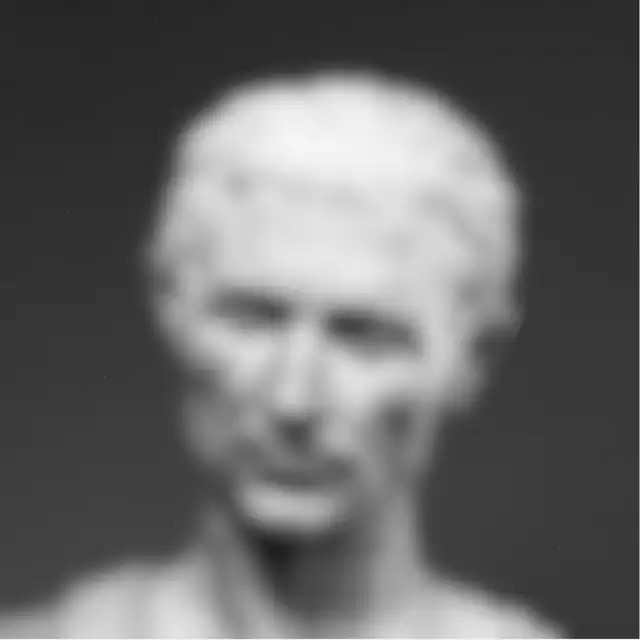
In Karl Popper's Three Worlds' view of reality: there are three worlds that he presupposes exists:
World 1: objective, physical reality; the material universe. It includes everything we consider part of the known natural sciences: physical objects, biological, chemical processes, and every known and unknown observable phenomena. It exists independent of us
World 2: subjective human experience; individual thoughts, emotions, consciousness, and perceptions. The conscious and the unconscious. This includes our inner mental states, what makes us us - who we think we are, the stories we tell ourselves and others
World 3: objective knowledge; these are theories, scientific concepts, mathematical structures, language, literature, art , the arts in general, cultural artifacts, and institutions. World 3 contains the products of human thought that exist independently of any single person’s experience, as they are accessible and interpretable by others.
https://en.wikipedia.org/wiki/Popper%27s_three_worlds 4 replies
2 recasts
65 reactions
1 reply
0 recast
31 reactions
0 reply
0 recast
0 reaction